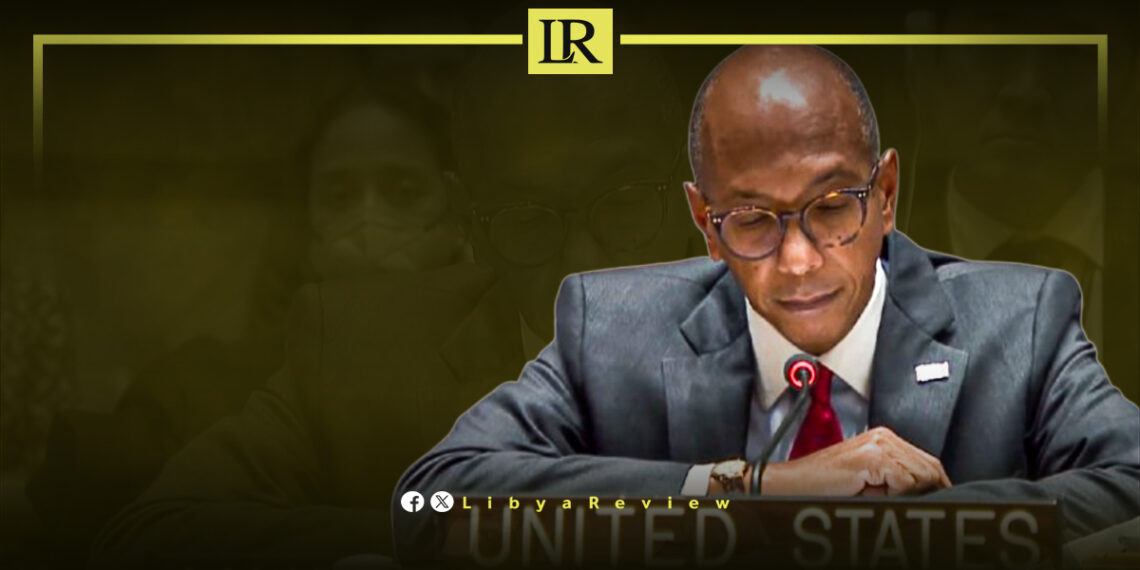On Wednesday, the United States (US) Ambassador to the United Nations called for a renewed push toward a political settlement in Libya that would establish a clear roadmap for holding free and fair elections, ultimately leading to a government accountable to its people.
Speaking during a UN Security Council session dedicated to Libya, the U.S. envoy emphasized the importance of a unified political process to stabilize the war-torn country.
“We encourage all parties to agree on a unified budget to enable the equal distribution of oil revenues,” the ambassador stated. The call for a cohesive economic strategy comes amid concerns over Libya’s fragmented political landscape and competing factions vying for control over key resources, including oil, which is the lifeblood of the nation’s economy.
The ambassador also stressed the need to avoid unilateral actions, warning that the current situation remains fragile, with escalating tensions threatening Libya’s sovereignty. “Unilateral measures only increase instability and deepen divisions,” he said, underscoring the importance of coordinated efforts to prevent further escalation.
A key point in the U.S. ambassador’s speech was the urgent need to resolve the ongoing disputes over the leadership of the Central Bank of Libya. He called for the appointment of a specialized board of directors to restore public confidence in the central bank, a move seen as critical for Libya’s financial stability.
“The agreement on the central bank leadership is essential to mitigate the negative effects of the central bank crisis, which has eroded trust in Libya’s financial system,” the ambassador added. The resolution of this issue is viewed as a crucial step in restoring credibility with international financial institutions and the broader global financial system.
Libya has been embroiled in political chaos since the 2011 overthrow of Muammar Gaddafi, with rival factions and foreign powers fueling instability in the North African nation. Despite efforts by the United Nations and various international actors to mediate peace, Libya remains divided between an eastern-based government and a Tripoli-based administration in the west.
Libya’s oil wealth has been both a blessing and a curse. The country holds Africa’s largest proven oil reserves, but disputes over the control and distribution of oil revenues have been a major source of conflict.


